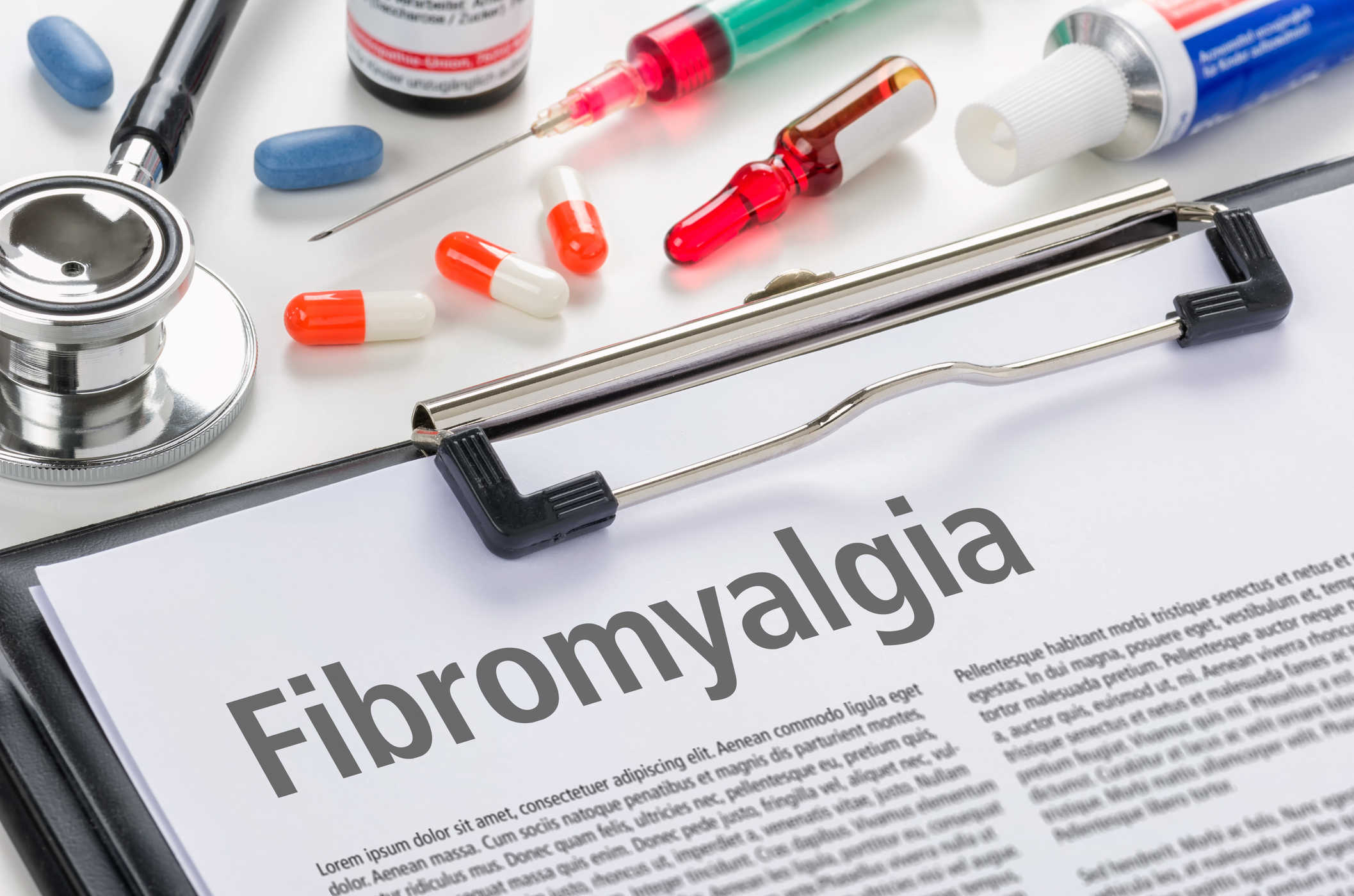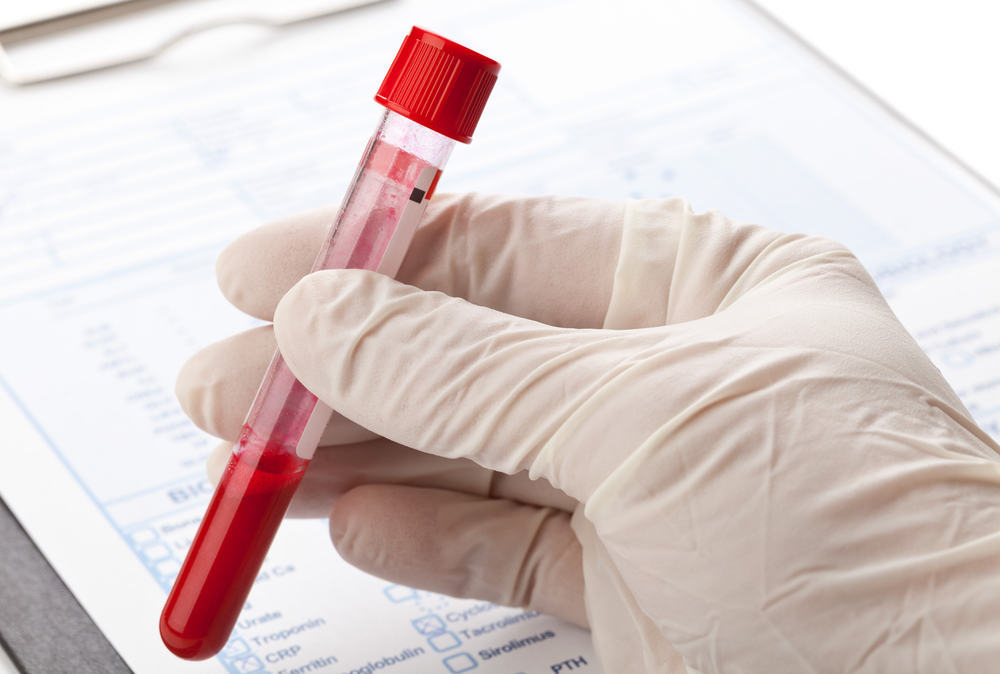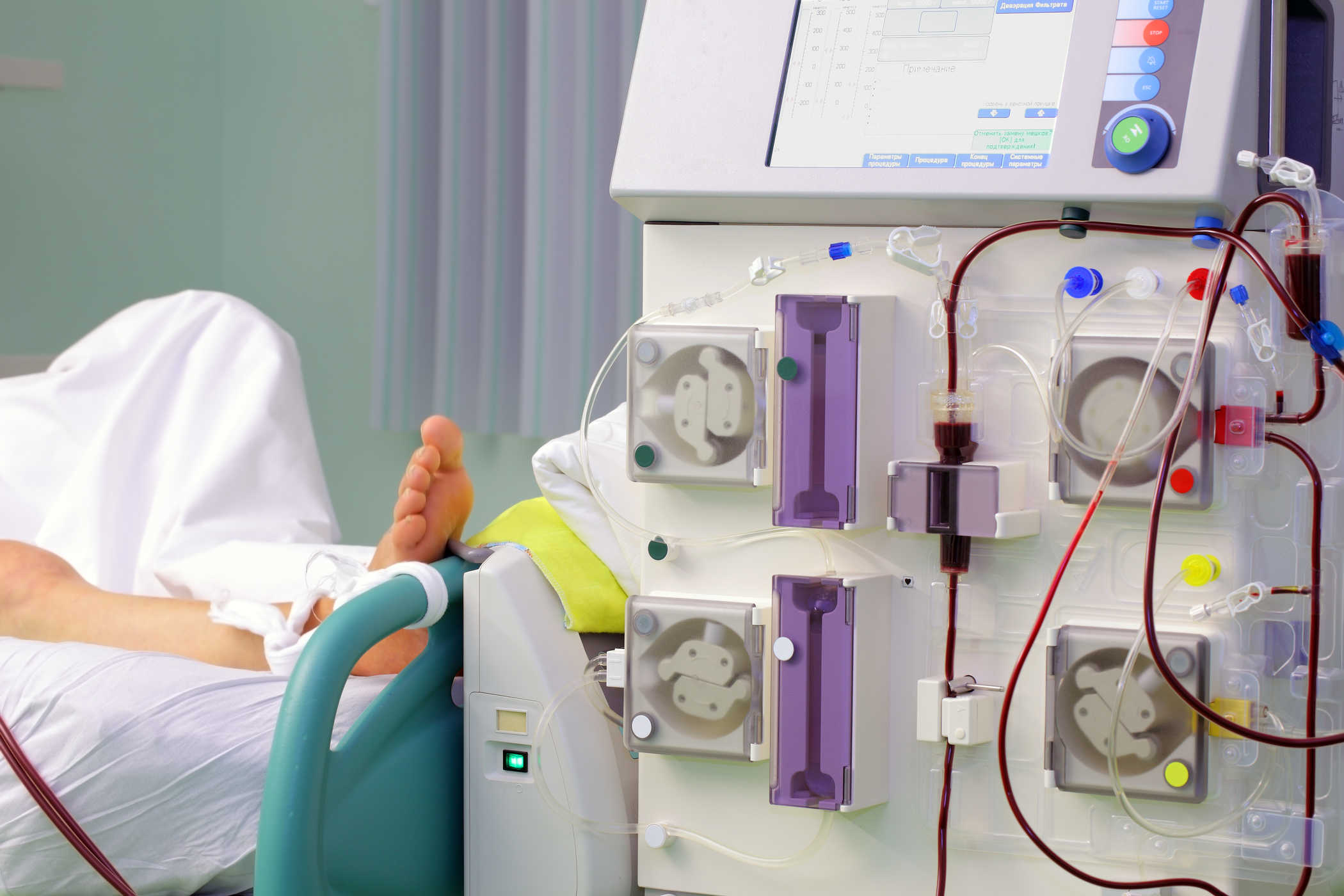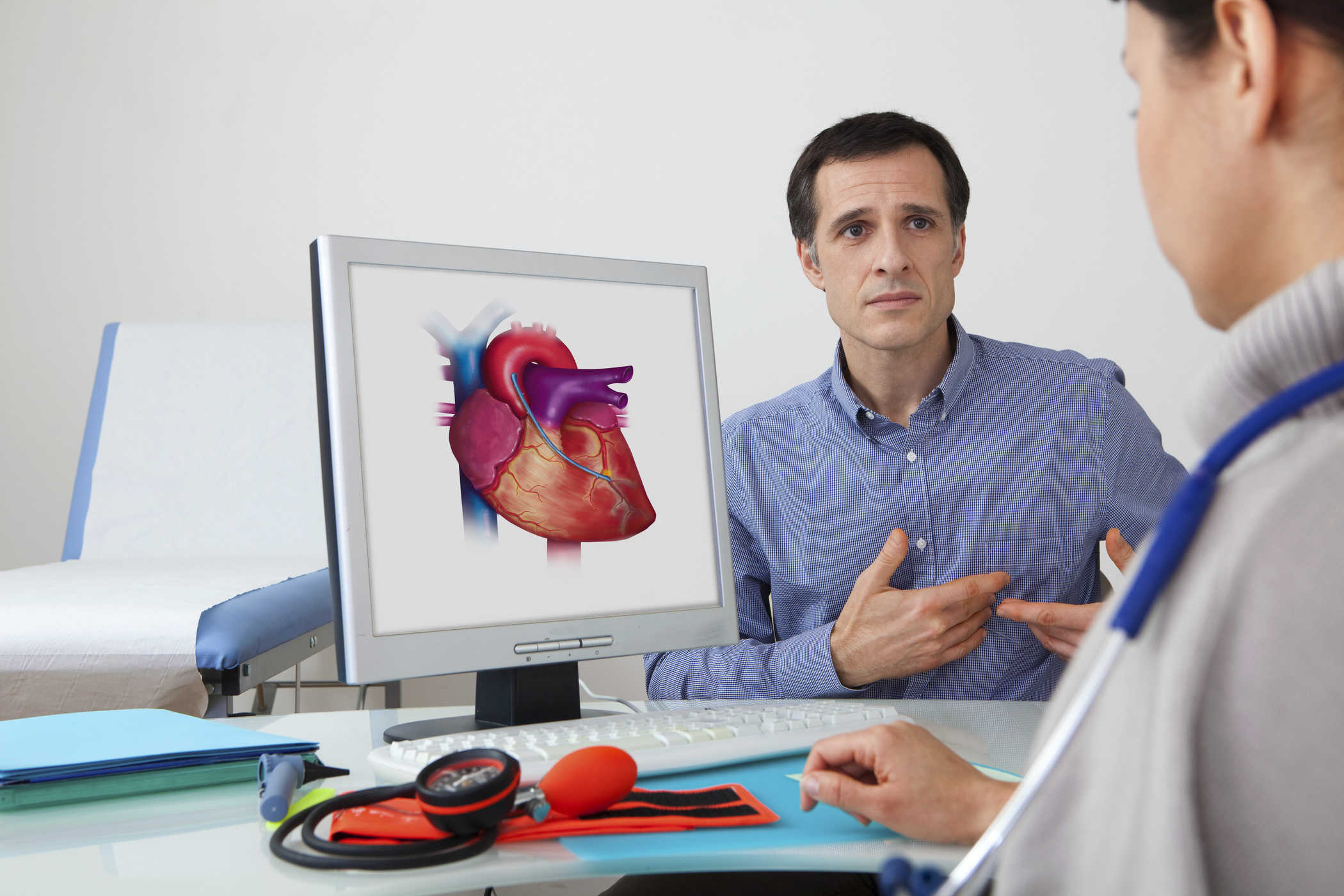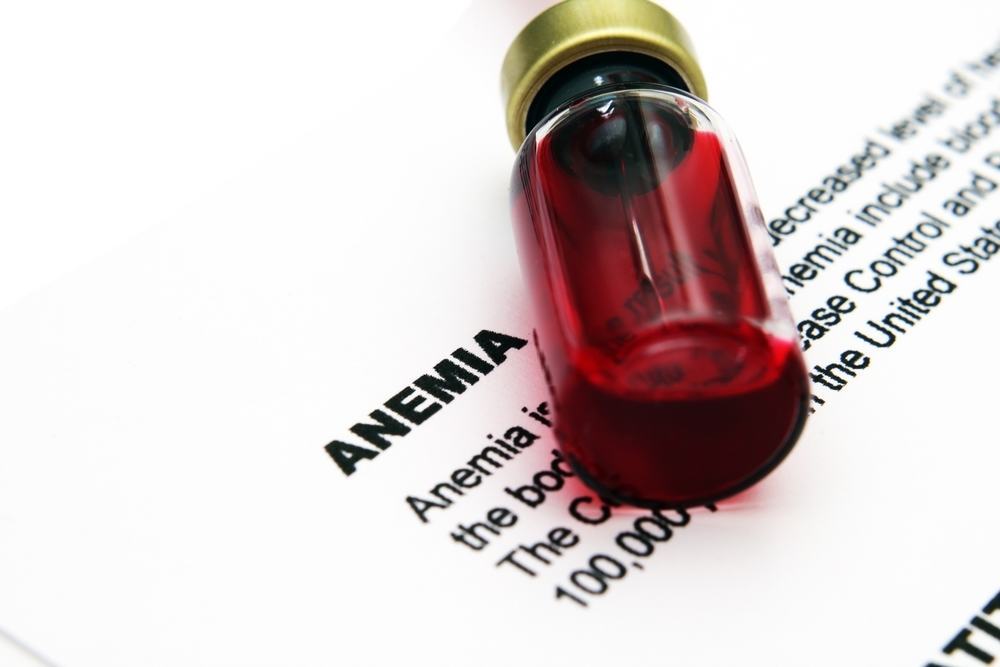Contents:
- Medical Video: Psychological Disorders: Crash Course Psychology #28
- Conversion disorders are diseases that affect the nervous system
- What are the symptoms of conversion disorder?
- How are conversion disorders diagnosed?
- How are conversion disorders treated?
Medical Video: Psychological Disorders: Crash Course Psychology #28
Have you ever heard of conversion problems? Conversion disorders are diseases that affect the functioning of the nervous system, but are not associated with neurological diseases or other diseases. Symptoms can appear in several episodes that are transient or can last a long time. Check out the following review to get to know conversion problems.
Conversion disorders are diseases that affect the nervous system
Conversion disorder is a psychiatric condition in which a person feels physical symptoms of losing control of the function of the nervous system and these symptoms are not related to other diseases. This condition is also called functional neurological disorder, which refers to abnormal central nervous system function. This disorder is more common in women than men.
Reporting from Medical News Today, the cause of this disease is not known with certainty. However, researchers believe that this condition arises as a physical response to mental, physical, or psychological trauma. Symptom triggers include:
- There is a tense event
- Experiencing emotional trauma, stress, or physical trauma
- There is a change in brain function, both in the structure, cells, or chemical reactions in the body
People who have this disease will usually experience physical symptoms as an attempt to overcome perceived or thoughtful conflicts. For example, a woman who hates violence and thinks that she will not commit violence suddenly feels numb in her hand when she is very angry and wants to hit someone else. Instead of letting him hit someone, he will feel physical symptoms, namely numbness in his hands.
What are the symptoms of conversion disorder?
The following are symptoms of conversion disorders that affect body movements and functions, such as:
- Limp
- Temporary paralysis of the hands and feet
- Balance loss
- Seizures
- Difficulty swallowing, like something is stuck in the throat
- Difficulty walking
- Movement of body parts uncontrolled or trembling (tremor)
- Fainting (non-epileptic attack)
Some symptoms that affect the senses include:
- Loss of sensation of touch (numbness)
- Impaired vision, including double vision or blindness
- Communication disorders, including loss of sound or changes in articulation
- Hearing loss, including difficulty hearing or not being able to hear at all
Every patient experiences symptoms that vary in nature can be mild or severe. The occurrence can be temporary, it can also be for a long time. As a result, the body's ability to function normally will be disrupted. The severity or disability caused by conversion disorders can be similar to that experienced by people with other similar medical diseases.
People at risk for conversion disorders are people with conditions, such as:
- Have a history of neurological diseases or disorders such as epilepsy, migraine, or movement disorders
- Have dissociative disorders (disorders of memory, identity, awareness and perception)
- Having a personality disorder (inability to manage expected feelings and behaviors in certain social situations)
- Have mental health conditions, such as anxiety disorders
- Have a history of sexual abuse or physical violence
When experiencing the symptoms that have been mentioned, immediately go to the doctor to find out the cause of the appearance of symptoms and get the right treatment.
How are conversion disorders diagnosed?
There are no standard tests performed for this condition. However, according to Medline Plus, patients with this condition will be diagnosed using criteria set by the Psychiatric Diagnosis and Diagnosis Guidelines (PPDGJ) which include:
- Loss of control of sensory movements or symptoms
- Symptoms appear after a traumatic or stressful event
- Symptoms that appear cannot be explained medically
- Symptoms interfere with your daily activities
Diagnosis is done by involving all the symptoms that appear and override neurological medical conditions or other diseases that can cause symptoms. Testing involves neurologists, psychiatrists, and other mental health professions.
Patients will be recommended for medical tests such as scan, reflex tests, blood pressure, and electorencephalogram (EEG) that record brain activity and can help ensure the cause of neurological disorders.
How are conversion disorders treated?
Treatment of this disease will be adjusted to the symptoms felt by the patient and the possibility of the trigger. More treatment is done to manage stress or trauma faced by patients. Depending on the patient's needs, treatment will include:
Physical or occupational therapy
Overcome disorders of the system of motion, paralysis, muscle weakness, or mobility. Gradual improvement in exercise can improve a patient's physical abilities.
Speech therapy
Overcoming communication disorders, namely when talking.
CBT therapy
Behavioral and cognitive therapy aka CBT therapy helps patients realize positive and negative behaviors and trains patients to deal with traumatic events.
Hypnotherapy
Hypnotherapy is the process of planting suggestions into someone's subconscious mind, by hypnotizing or focusing your mind fully. You will receive suggestions or suggestions relating to the symptoms and ways to overcome this disorder during hypnotherapy.
Patients will usually be given medicines that are also used for depression, anxiety disorders, and insomnia. Patients are required to carry out routine maintenance to monitor recovery and to know the suitability of the treatment carried out.



